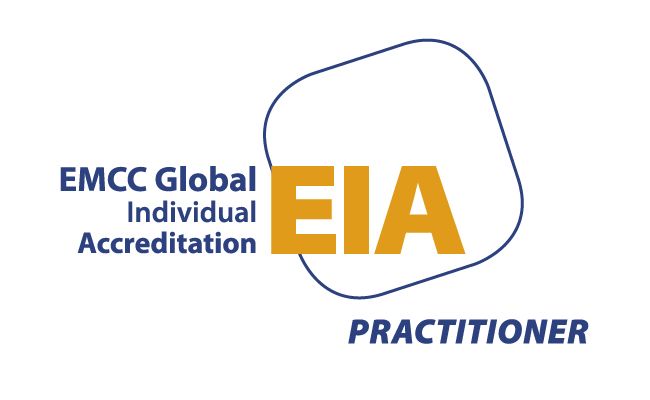Unlock Innovation - Talk to a Stranger
Barbra Carlisle • April 17, 2025
Why talking to strangers is good for innovative thinking

Introduction
Going down to London a couple of weeks ago I was looking forward to putting on a good podcast and ignoring everything and everyone around me. That is until a woman, Melanie, came and plonked down next to me, with her pile of papers and her phone ringing.
Once she had taken the call, she smiled at me, I smiled back and this led to a 2 and half hour conversation on all things from professional development to managing long distant relationships.
I got off the train more energised, connected and ready for the day than if I had stuck my headphones in.
We arranged to meet for a coffee back in Liverpool.
Why am I telling you this?
Because in business, we often talk about the importance of networks and collaboration—but what if some of the most transformative insights come not from your inner circle, but from a stranger on a train, a chance encounter at a conference, or a casual conversation over coffee?
The Research
A recent UK study from the University of Essex (Sandstrom et al., 2022) showed that small talk with strangers can significantly improve mood, empathy, and creativity. More importantly, these fleeting interactions often lead to the sharing of ideas that would otherwise remain siloed. In a time when innovation and agility are everything, this matters.
Another UK study by Nesta (2019) on innovation diffusion found that ideas spread faster in communities where “weak ties” are strong—those acquaintances and peripheral connections that sit just outside our usual networks. They introduce novelty and challenge groupthink, something every CEO navigating complexity should pay attention to.
The Leadership Lens
When I work with CEOs, those in peer networks always value that outside in perspective, a fresh set of eyes. When I interviewed Tom Morgan for The Unlikely Executive Podcast he highlighted the power of talking to absolute strangers. His stranger was on the side of a soccer pitch. Showing that real breakthroughs can happen when you put down your guard and just share what your thoughts and ideas are.
The 5 Voices framework reminds us that each person has a unique voice—and when we only surround ourselves with people who speak “like us,” we lose access to vital perspectives.
When leaders only stay within their trusted circle, something important is lost. You may protect consistency and control (a strength of the Guardian), but you risk missing the unexpected insight that could change everything. Often, it’s the Creative or Connector in the room who first sees the value in an offhand comment or a half-formed idea. These seemingly small conversations—ones we often don’t prioritise—are where innovation is born.”
The Call
So here’s an invitation: be deliberate about bumping into brilliance. Attend a meet-up that’s outside your industry. Talk to a stranger, say hello as a starter! This method was used by Mel Robbins to great effect when she moved home and is outlined in her brilliant book Let Them.
Most of all, create cultures where your team talks beyond their silos too. You might be surprised by where the next big idea comes from—and who it comes from.
Curious what kind of conversations might unlock new thinking for you as a leader? Let’s talk. barbra@gleecoaching.com




